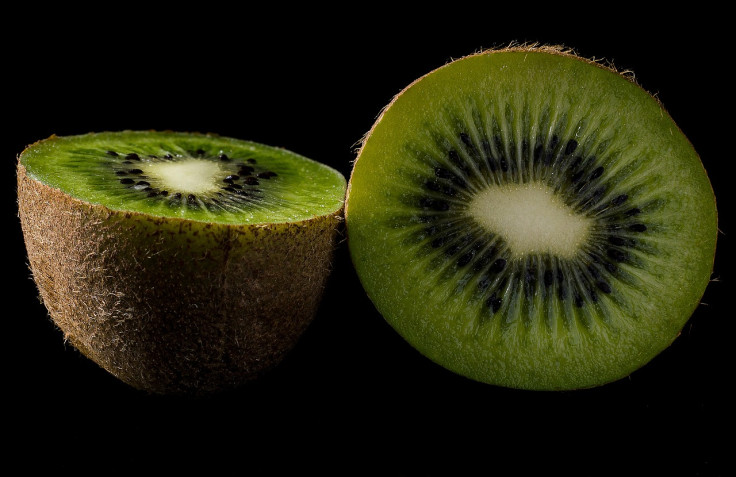Quick Fix For Your Mood: Researchers Say Eating Kiwifruit Could Improve Mental Health In Just 4 Days

Need a quick fix for your mood? Eating kiwifruit might help. Researchers have recently found that incorporating kiwifruit into one's diet could boost mood and vitality in just four days, reaching peak benefits within approximately two weeks.
A healthy diet rich in fruits and vegetables has been linked to improved mental well-being. Earlier studies have shown that nutrients in fruits, particularly vitamin C, contribute to better mental well-being.
Vitamin C helps in synthesizing neurotransmitters, and peptide hormones and catalyzes several enzymes essential for maintaining healthy brain functioning, including mood. However, there have only been limited studies on how quickly the mood improves after introducing vitamin C supplements or whole food sources.
Researchers behind a recent study published in The British Journal of Nutrition aimed to fill that gap by analyzing smartphone survey data collected across an eight-week dietary intervention study. The survey examined the daily changes in vitality, mood and well-being in 155 adults recruited with low vitamin C levels.
The participants were either given a daily vitamin C supplement, a placebo or two kiwifruit. Through surveys, they were asked to report their vitality, mood, flourishing, sleep quality, sleep quantity and physical activity.
The study results showed that kiwifruit supplementation improved vitality and mood within four days, and the benefits peaked around 14 to 16 days. The participants also showed improved flourishing from day 14. Meanwhile, participants who were on vitamin C supplements showed marginal improvements until day 12.
"Our study suggests that kiwifruit consumption, and to a lesser extent vitamin C supplementation, can lead to mood-related improvements in a relatively short period of time (from 4 to 16 days), even in a relatively healthy population with good mental health. Whole food sources (kiwifruit) showed greater and more consistent improvements over time than vitamin C alone, and improvements were more notable for individuals who had consistently low vitamin C levels at baseline," the researchers wrote.
"This helps us see that what we eat can have a relatively fast impact on how we feel. Our participants had relatively good mental health to begin with so had little room for improvement, but still reported the benefits of kiwifruit or vitamin C interventions," said lead author Dr. Ben Fletcher.
"We encourage a holistic approach to nutrition and well-being, incorporating various nutrient-rich foods into your diet," Fletcher added.
Published by Medicaldaily.com



























